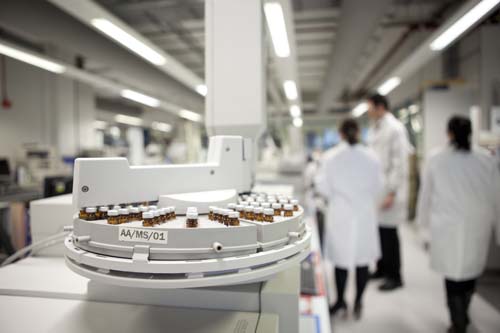A clinical study conducted by scientists at British American Tobacco has revealed that when smokers switch completely from cigarettes to the tobacco-heating product (THP) glo, their exposure to certain cigarette smoke toxicants is significantly reduced, in some cases to levels comparable to those seen in smokers who quit smoking completely.
The company points out in a footnote that the results of the study do not necessarily mean that glo is less harmful than are other tobacco products.
It says, however, that the results add to ‘evidence suggesting that [using] glo may have the potential to be substantially reduced risk compared to smoking conventional cigarettes’.
A BAT press note said that glo was designed to heat rather than burn tobacco, which meant that it did not produce smoke, and that certain toxicants associated with tobacco combustion were substantially reduced. Previous studies had revealed that toxicant levels in the vapor from glo were about 90-95 percent lower than they were in cigarette smoke.
“Products like glo are very new and consumers and regulators alike understandably want as much information as possible about them,” said Dr. James Murphy, head of reduced risk substantiation at BAT. “Understanding how vapor from glo compares to cigarette smoke is, therefore, a core component of our scientific research. Clinical studies, which are studies involving real people, are an extremely important component of that.”
The press note said that because glo vapor had lower levels of toxicants than did cigarette smoke, it should in principle expose consumers to much lower levels of toxicants.
The results of this study, which were due to be presented on Saturday at the annual conference of the Society for Nicotine and Tobacco Research in Baltimore, Maryland, US, indicated that this was the case.
Another glowing report











